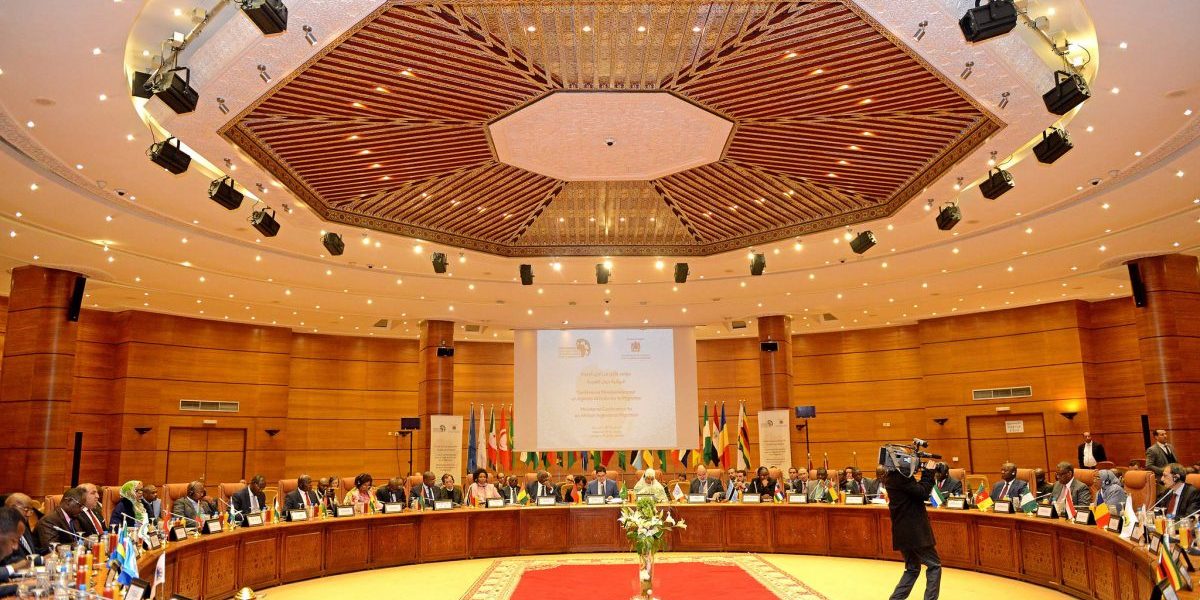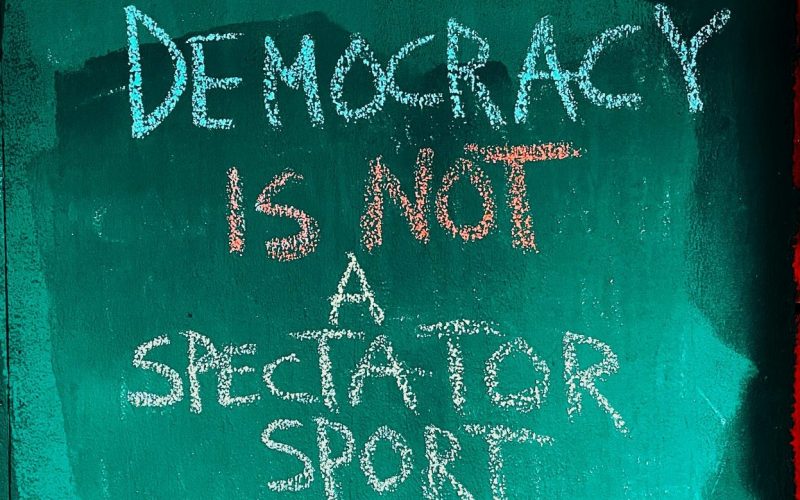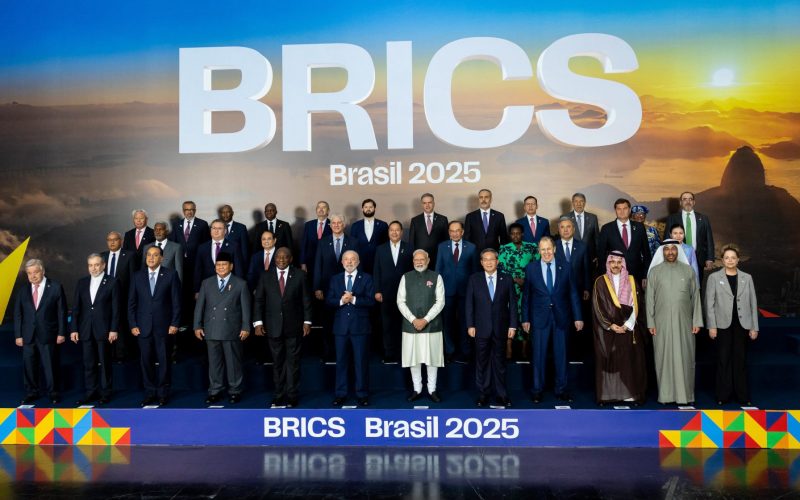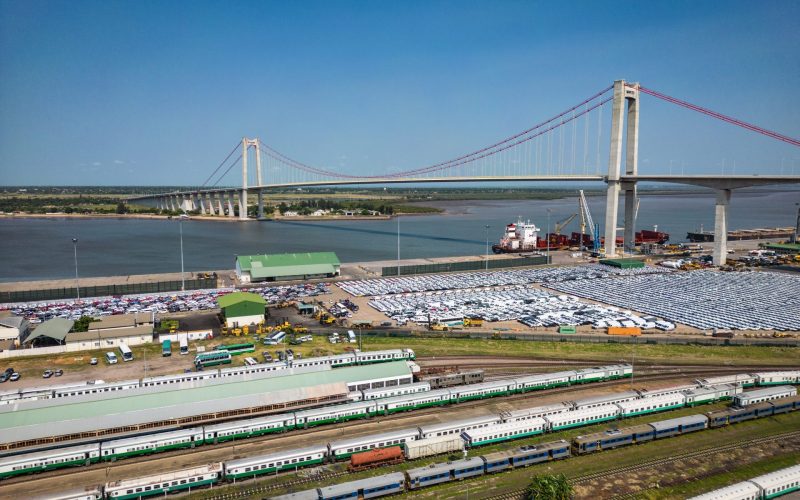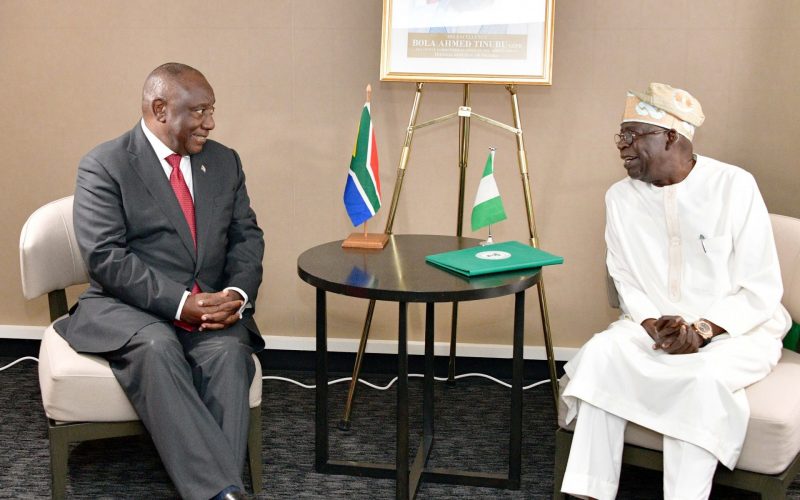Crucially, ten years on, the July summit theme ‘Boosting Intra-African Trade’ captures a new agenda and the importance of economic growth and trade integration as essential aspects in the continent’s integration in the global economy. While the OAU manifestly fulfilled its role and historical mandate of decolonisation, the vision and mandate of the AU is largely premised on development, including economic and political integration of the African continent. In light of this developmental premise and emphasis in its Constitutive Act, which entered into force on May 26, 2002, the AU represents a major shift from the legal, political and institutional framework of its predecessor.
With the summit looming, it is fitting to debate and reflect how this organization has fared a decade on, both in light of its promise of new principles, new thinking, including new approaches to African challenges and governance. These principles and approaches seek to capture on a wide continuum, the nexus between democracy, good governance on the one hand, and on the other Africa’s economic development and integration in the global economy.
Looking back: Ten years since the foundation of the AU
Over the past decade, international relations have gone through profound change. The rise of emerging powers, including China and Brazil have led to a momentous shift, creating new opportunities and threats in Africa’s engagement in international affairs. The global economic contraction in Europe, which started with the global financial crisis in late 2007, has altered the traditional relationship Africa had with key western powers. It has opened Africa’s commodity economies to possible shocks, thus forcing African leaders to accelerate trade integration on the continent, while seeking new partnerships in the developing world.
On governance, it should be mentioned that the majority of Africa’s 54 states are to varying degrees democratic. There have been slow but steady developments with regard to forms and shapes of democratic governance.
The African Union, for instance, has taken an explicit decision not to recognise countries in which civilian governments have been overthrown by a coup d’état. Also, the African Peer Review Mechanism (APRM), flowing out of the New Economic Partnership for Development (NEPAD) has as its explicit rationale the strengthening of democracies and the accountability mechanisms within it. In Côte d’Ivoire, a democratically elected president finally assumed office in 2011 after a decade of political deadlock and civil strive. In one of Africa’s more or less stable democracies, Senegal, a head of state seeking a de facto third term lost an election early this year and accepted defeat graciously.
Significant progress has been made in creating the institutional infrastructure and processes that are necessary for a more efficient African Union. In addition to these, the African Union has been undertaking crucial peacekeeping missions in various parts of Africa, including Burundi, Sudan and Somalia. The modest successes of these missions can be attributed to good foreign policy collaboration and momentum between Africa’s driver countries, including Senegal, South Africa, Nigeria and Algeria.
However, as the years wore on, this momentum, also visible in the conceptualisation of Nepad and the APRM seems to have been lost. Moreover, the absence of a coherent state-led, but widely accepted AU approach with regard to conflict resolution and management has created a vacuum in what the AU can do as an institution.
From an institutional viewpoint, relationships and coordinating mechanisms across diverse issue-areas have been built with various international organisations, including the United Nations and the European Union. Moreover, through the African Union, various attempts had been made with regard to streamlining the activities of regional organisations and economic communities in line with the objectives of the African Union.
Even if modest in their successes, interventions and the legitimisation of the AU’s cross-cutting agenda have allowed Africa to focus on the key challenges of governance, education and economic growth. These have without doubt legitimised the AU as the principal interlocutor in African affairs, worth strengthening.
It deserves mention, however, that the AU is still a work in progress and the past decade of its existence did not mask contradictions between what the AU ambitiously purports to be on the one hand, and the structural and institutional impasse in which it finds itself when it comes to achieving Africa’s developmental aims on the other. A continental institution is a sum of its composite parts. Therefore, it can only be efficient if the constituting membership allows it to function in line with its charter – thereby assuming and building its own institutional dynamism and organisational efficiency.
In light of these challenges, the roadmap that emerges out of the upcoming summit in Addis ought to be transformational and should crucially define the aspirations of the African Union for the next ten years. It will be a missed opportunity if it turns out to be just another summit.
Three Areas for Attention
Three aspects ought to enjoy specific attention. First, in line with its theme the summit should put explicit emphasis on the translation of modest democratic governance into concrete developmental deliverables in African countries. Even if economic growth has been positive over the past decade in many countries, this has not put a dent on widespread poverty and underdevelopment. This does suggest new bridges to be built between African driver countries as a means to bring renewed impetus to Africa’s developmental agenda and coordinated engagement with international actors on economic, environmental and social developmental issues.
Second, more attention should be placed than what has been otherwise the case thus far on the strengthening of regional economic communities as essential anchors in matters of peace, security and development. The past ten years have shown that regional organisations are the best platforms to promote peace, security and development.
As a case in point, under difficult circumstances, the Economic Community of West African States (ECOWAS) had undertaken commendable work in the promotion of peace in that troubled region. The AU should reinforce such successes by playing a facilitator role based on clearly defined values, norms and objectives. For this to happen, the institutional capacity of the African Union should be strengthened, with more powers devolved to the Commission. A strengthened Commission would allow the institution to develop a coercive soft-power role, while giving it a much more active character in the diffusion of agreed continental norms and objectives.
Third, with the anomaly of two candidates, one from a small country, Jean Ping of Gabon and Nkosazana Dlamini-Zuma from a big country, South Africa contesting the chairmanship of the AU commission, the summit should provide clear guidelines and principles around leadership of the Commission.
Conclusion
In conclusion, vague and ambitious declarations are less likely to create a more solid African Union as a pivot in Africa’s integration in the global economy. Much of what emerges out of Addis depends on how pragmatic and programmatic the vision of the AU is going forward. African leaders should leave the summit with clearly defined, but manageable outcomes, creating a new dynamic that would address Africa’s chronic challenges.
More articles on the African Union:
|

